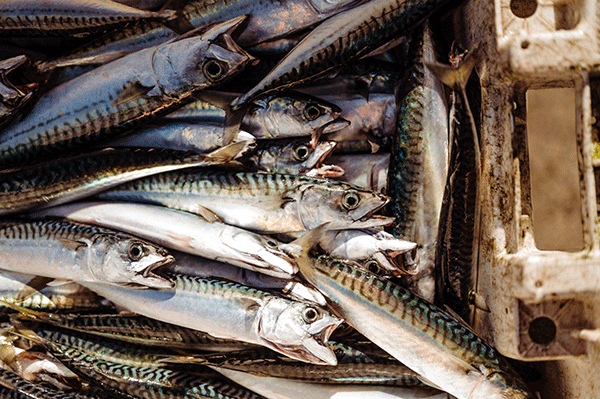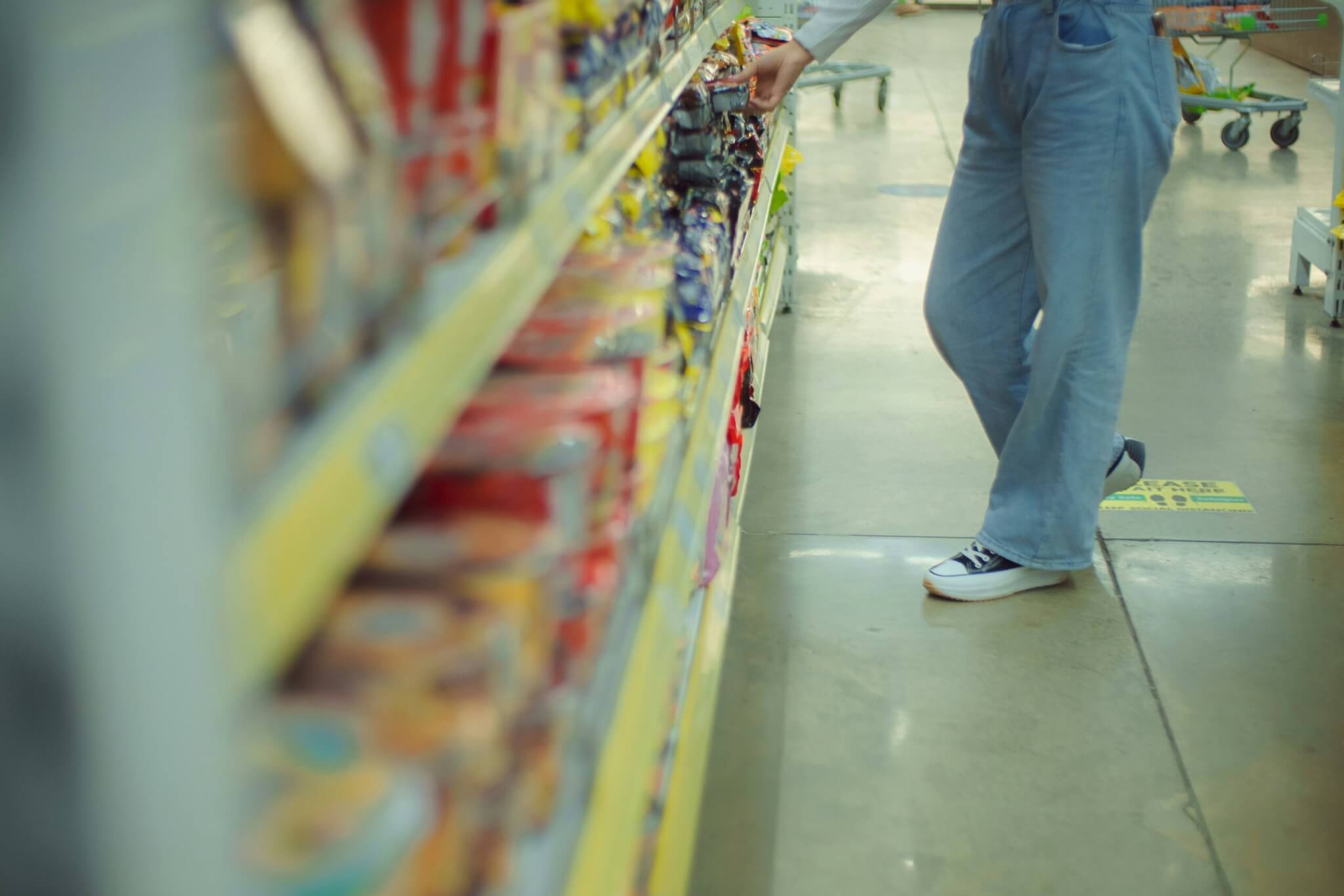We round up the biggest news stories in sustainable food and ethical business that made headlines in 2021.
January
Citizens are asked for their views on gene editing as the government ponders how to regulate biotech under its own rules after Brexit. Despite most people responding as unsure or not in favour, the government went with the view of a small number of academics and scientific organisations and said it will begin to reduce red tape.
February
Biodiversity loss comes to the fore with two new reports, including the much-covered Dasgupta Review. Nature collapse is highlighted as an equal crisis to climate through the sheer numbers of species decline.
March
The UK’s first Food Waste Action week is fronted by Nadiya Hussein and seeks to highlight food waste as a climate issue, with equivalent emissions to flying around the world.
April
Netflix documentary Seaspiracy brings the question of sustainable fish to the mainstream; while some questioned the accuracy of its facts, there was no doubt it was a conversation that needed to be had.

May
Half of UK adults say nature boosted their mental health during the confines of the pandemic, while a new report shows who actually has access to green space is closely linked to inequality.
June
Swiss citizens vote in a referendum over whether to ban pesticides. The ban is not upheld but it’s an interesting and rare example of the pesticide debate held in front of democratic debate.
July
Henry Dimbleby publishes his much-anticipated National Food Strategy part two, with a radical focus on linking dietary problems with inequality, and joining the dots between sustainable farming and social affairs. The government is due to respond in January 2022 and it remains to be seen whether they will act on the report’s recommendations.

July
More farmers are converting their land to organic after taking confidence from strong sales of organic food. It’s a positive sign for sustainable, nature-friendly farming amid uninspiring and slow progress on any policy incentives post-Brexit.
August
Coke and Walkers top a list of most polluting brands according to a national beach clean run by citizen volunteers and organised by charity Surfers Against Sewage. The story brings plastic to the fore as a product of oil and the fossil fuel industry, and therefore a climate as well as ecosystem protection issue.

September
Grapes top the list in the annual ‘Dirty Dozen’ ranking of fruit and veg with highest pesticide residues, helping consumers to choose where to buy organic to avoid the highest exposures to chemicals.
October
A devastating cull of healthy pigs begins on farms after a shortage of essential workers in the food supply chain, including butchers and abattoirs. Those within the industry tell Wicked Leeks that it’s the result of Brexit, compounded by Covid, and the low value placed on these jobs by society that is behind the shortage.

November
Wicked Leeks’ roving reporter on the ground at COP26, Louise Gray, reports of debates on meat, industrial farming and indigenous peoples’ rights as world leaders meet to discuss the climate crisis.
December
Pubs, restaurants and their suppliers face a tough festive period after the Omicron variant of Covid-19 brings a groundhog day-esque feeling and leads to diners cancelling Christmas bookings. They ask for government support and urge the public to support by buying online deliveries, vouchers or cookbooks.













0 Comments